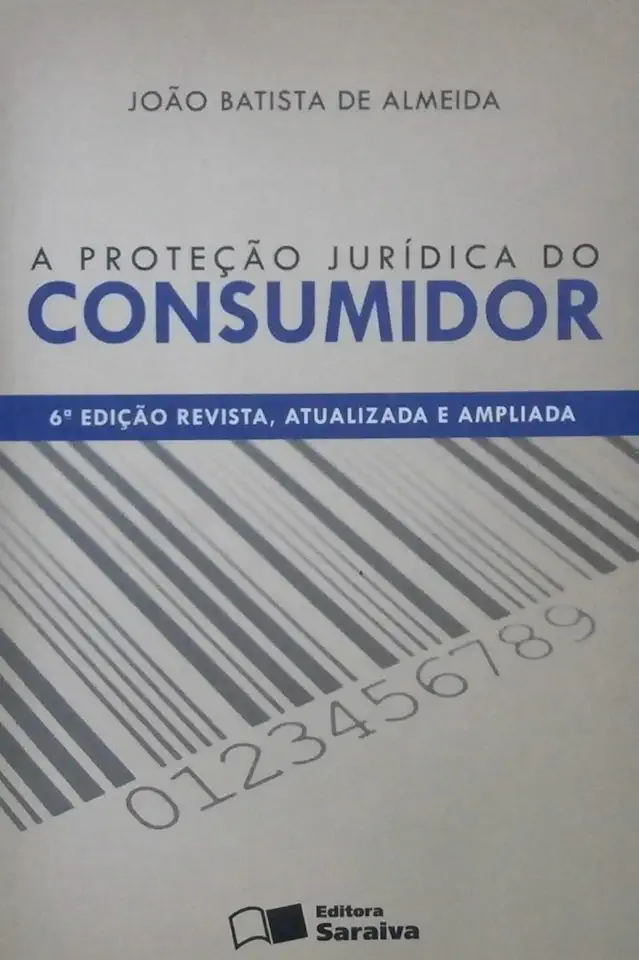
Consumer Legal Protection - João Batista de Almeida
Consumer Legal Protection: A Comprehensive Guide to Your Rights as a Consumer
Introduction
In today's fast-paced world, consumers are constantly bombarded with advertisements and marketing messages, making it difficult to make informed decisions about the products and services they purchase. This is where consumer legal protection comes into play. Consumer legal protection refers to the laws and regulations that are in place to protect consumers from unfair or deceptive practices by businesses.
Why is Consumer Legal Protection Important?
Consumer legal protection is important for several reasons. First and foremost, it helps to ensure that consumers are treated fairly and ethically by businesses. It also helps to promote competition and innovation in the marketplace by preventing businesses from engaging in anti-competitive practices. Additionally, consumer legal protection helps to educate consumers about their rights and responsibilities, empowering them to make informed decisions about the products and services they purchase.
What are the Key Consumer Rights?
There are a number of key consumer rights that are protected by law. These include:
- The right to safety: Consumers have the right to expect that the products and services they purchase are safe for their intended use.
- The right to information: Consumers have the right to be provided with accurate and complete information about the products and services they purchase.
- The right to choose: Consumers have the right to choose the products and services they purchase without being subjected to unfair or deceptive practices.
- The right to privacy: Consumers have the right to have their personal information protected from unauthorized use or disclosure.
- The right to redress: Consumers have the right to seek compensation for damages they have suffered as a result of unfair or deceptive practices.
How can Consumers Protect Themselves?
There are a number of things that consumers can do to protect themselves from unfair or deceptive practices. These include:
- Being informed: Consumers should educate themselves about their rights and responsibilities as consumers.
- Being cautious: Consumers should be wary of businesses that make unrealistic or exaggerated claims about their products or services.
- Reading the fine print: Consumers should carefully read the terms and conditions of any contract before signing it.
- Keeping records: Consumers should keep records of all transactions, including receipts, warranties, and contracts.
- Filing complaints: Consumers who believe they have been the victim of unfair or deceptive practices should file a complaint with the appropriate government agency.
Conclusion
Consumer legal protection is essential for ensuring that consumers are treated fairly and ethically by businesses. By understanding their rights and responsibilities, consumers can protect themselves from unfair or deceptive practices and make informed decisions about the products and services they purchase.
Enjoyed the summary? Discover all the details and take your reading to the next level — [click here to view the book on Amazon!]